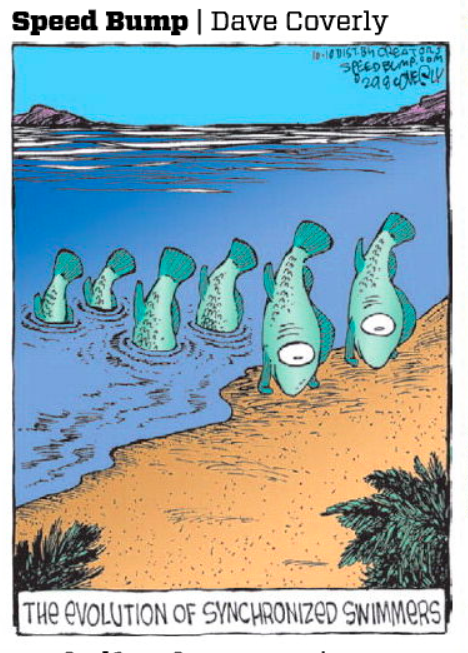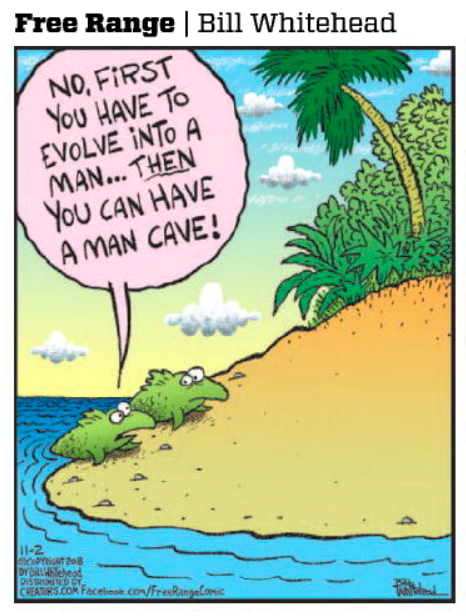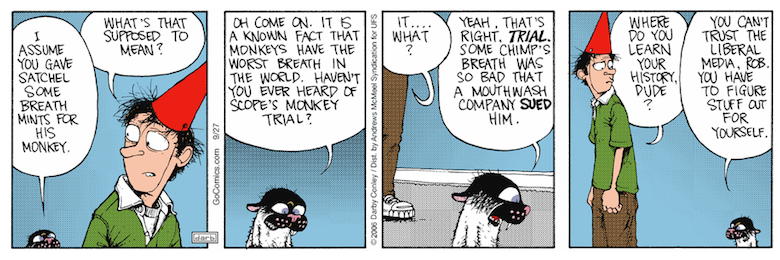I like to keep the above quote by H. L. Mencken always in mind because it is a useful caution whenever one is weighing in on weighty issues on which one is not an expert. Like pretty much everyone else, I sometimes have a brainwave about some deep or complex problem (usually in a field that I am not that familiar with) in which a simple solution suddenly stares me in the face. I then wonder why no one else has thought of this ‘brilliant’ solution before and the usual answer is that people who do know a lot more about this topic are well aware of this proposed ‘solution’ and also know why it will not work.
[Read more…]



